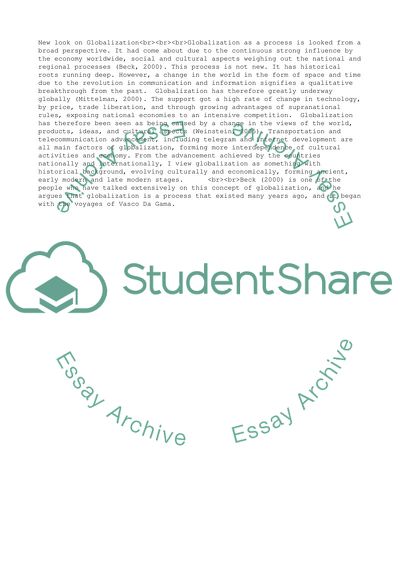Cite this document
(“New look on Globalization Essay Example | Topics and Well Written Essays - 2000 words”, n.d.)
New look on Globalization Essay Example | Topics and Well Written Essays - 2000 words. Retrieved from https://studentshare.org/business/1692116-new-look-on-globalization
New look on Globalization Essay Example | Topics and Well Written Essays - 2000 words. Retrieved from https://studentshare.org/business/1692116-new-look-on-globalization
(New Look on Globalization Essay Example | Topics and Well Written Essays - 2000 Words)
New Look on Globalization Essay Example | Topics and Well Written Essays - 2000 Words. https://studentshare.org/business/1692116-new-look-on-globalization.
New Look on Globalization Essay Example | Topics and Well Written Essays - 2000 Words. https://studentshare.org/business/1692116-new-look-on-globalization.
“New Look on Globalization Essay Example | Topics and Well Written Essays - 2000 Words”, n.d. https://studentshare.org/business/1692116-new-look-on-globalization.


